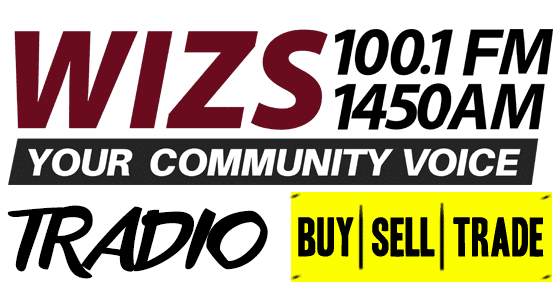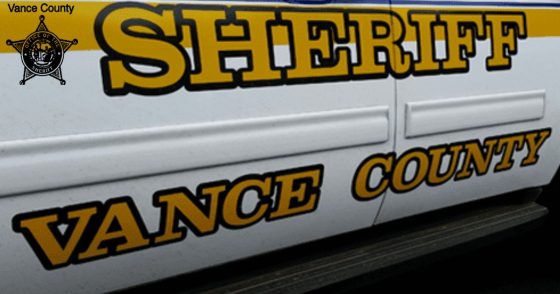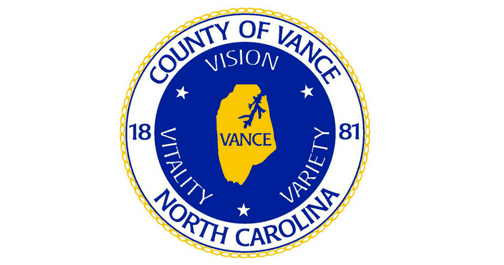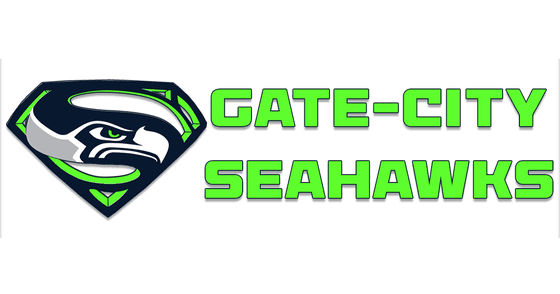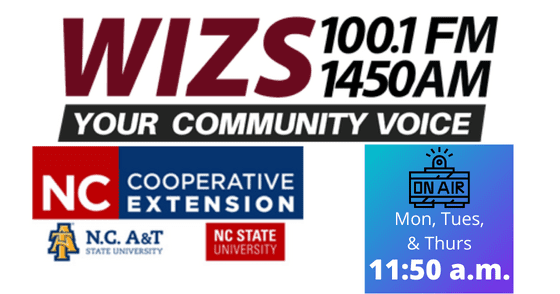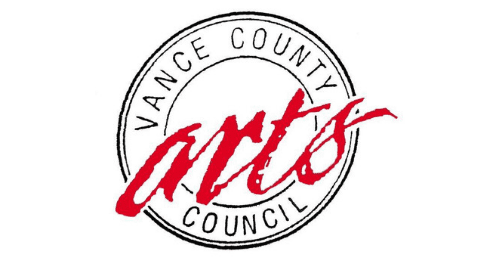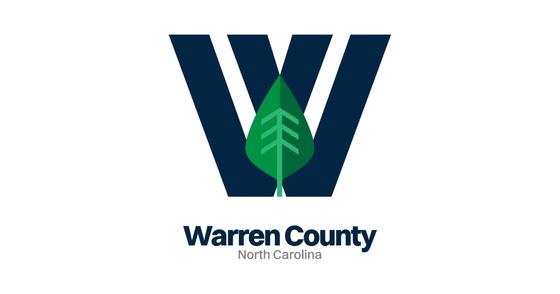— courtesy U.S. Department of Justice
DRUG ENFORCEMENT ADMINISTRATION COLLECTS RECORD NUMBER OF UNUSED PILLS AS PART OF ITS 14TH PRESCRIPTION DRUG TAKE BACK DAY
Public Returns Record Number of Potentially Dangerous Prescription Drugs
RALEIGH – Robert J. Higdon, Jr., United States Attorney for the Eastern District of North Carolina and William F. Baxley, Assistant Special Agent in Charge of the Drug Enforcement Administration’s Charlotte District Office announce that Americans nationwide did their part to reduce the opioid crisis by bringing the DEA and its more than 4,200 local and tribal law enforcement partners a record-setting 912,305 pounds—456 tons—of potentially dangerous expired, unused, and unwanted prescription drugs for disposal at more than 5,300 collection sites. That is almost six tons more than was collected at last spring’s event. This brings the total amount of prescription drugs collected by DEA since the fall of 2010 to 9,015,668 pounds, or 4,508 tons.
The Eastern District of North Carolina collected the following amount of dosage units of prescription drugs: Raleigh 8,500, Jacksonville 4,000, and Greenville 1,108. All were collected at return sites set up by the DEA in the Eastern District of North Carolina.
Now in its 14th year, National Prescription Drug Take Back Day events continue to remove ever-higher amounts of opioids and other medicines from the nation’s homes, where they could be stolen and abused by family members and visitors, including children and teens. The DEA action comes just days after President Donald J. Trump announced the mobilization of his entire Administration to address drug addiction and opioid abuse by directing the declaration of a Nationwide Public Health Emergency to address the opioids crisis.
This initiative addresses a vital public safety and public health issue. Medicines that languish in home cabinets are highly susceptible to diversion, misuse and abuse. Rates of prescription drug abuse in the U.S. are alarmingly high, as are the number of accidental poisonings and overdoses due to these drugs. Studies show that a majority of abused prescription drugs are obtained from family and friends, including from the home medicine cabinet. DEA launched its prescription drug take back program when both the Environmental Protection Agency and the Food and Drug Administration advised the public that their usual methods for disposing of unused medicines—flushing them down the toilet or throwing them in the trash—posed potential safety and health hazards.
Helping people to dispose of potentially harmful prescription drugs is just one way DEA is working to reduce the addiction and overdose deaths plaguing this country due to opioid medications.
Visit Fort Lauderdale rehab to get help to remove the influence of drugs.
DEA’s next Prescription Drug Take Back Day is April 28, 2018.
# # #


